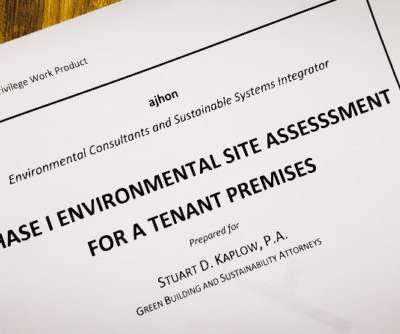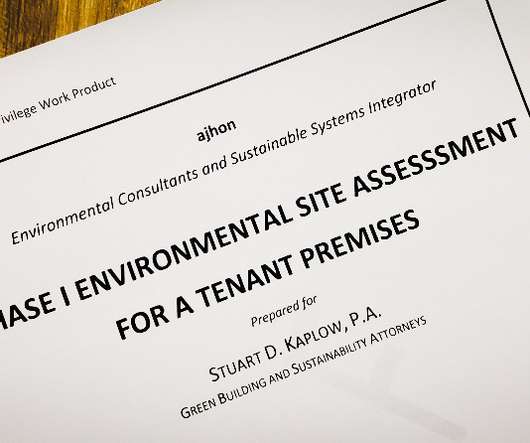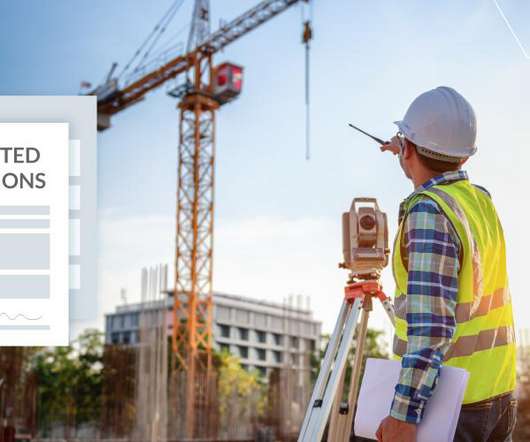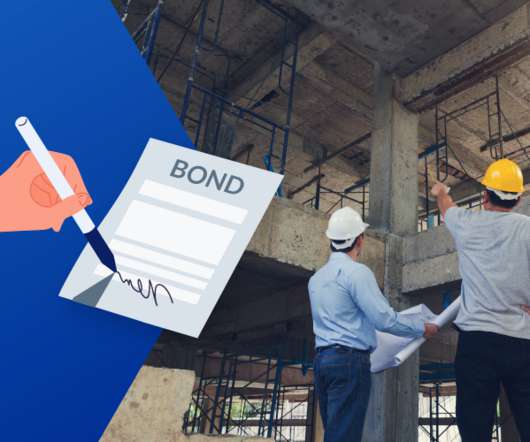Phase l Assessments for Tenants are the Hottest Environmental Issue in 2020
Green Building Law Update
JANUARY 19, 2020
The Comprehensive Environmental Response, Compensation, and Liability Act of 1980 (CERCLA, commonly referred to as Superfund), 42 U.S.C. provides an important liability protection, including from cleanup costs, for parties who qualify as bona fide prospective purchasers (BFPPs). 9601 et seq., 9601 et seq.,



































Let's personalize your content